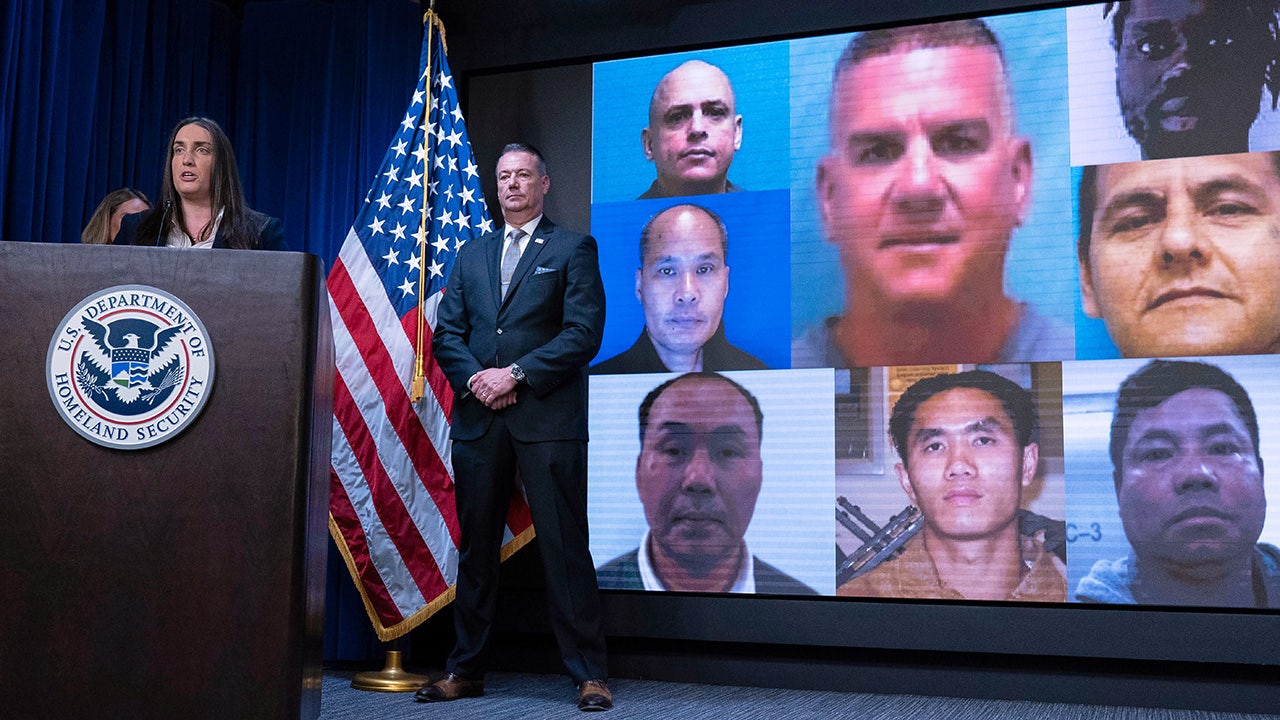Rubio warns court order on South Sudan deportees harms US foreign policy

Secretary of State Marco Rubio expressed concerns on Friday regarding a federal court order that requires the U.S. government to maintain custody of deportees on a flight bound for South Sudan. Rubio stated that this ruling would result in “significant and irreparable harm to U.S. foreign policy.” The Trump administration swiftly responded by filing two court documents after U.S. District Judge Brian Murphy of Massachusetts deemed the deportation flight to be in violation of his previous April injunction.
A U.S. Department of Justice official emphasized the urgency of judicial intervention to restore President Trump’s full authority under Article II to conduct foreign policy. Rubio highlighted the complications that have arisen in U.S. diplomacy with Libya, South Sudan, and Djibouti due to the court order, noting that it poses a serious threat to the president’s foreign policy authority.
Rubio’s filing detailed how the court’s orders have disrupted diplomatic efforts and exacerbated internal political and security divisions in Libya. The order has also jeopardized efforts to rebuild a productive relationship with Juba, the capital of South Sudan. Despite initial resistance from the South Sudan government, they had shown signs of cooperating with the U.S. government before the court intervened.
Furthermore, Rubio pointed out that the order has caused harm in Djibouti, a strategically important location in the Horn of Africa where the only U.S. military base on the continent is located. The deportees from the flight are currently being held at a U.S. Naval base in Djibouti.
In response, the administration requested the court to reconsider its order and the burdensome requirements imposed. The government expressed concerns about detaining dangerous criminals in a sensitive location without clarity on when or how they could be released. The administration argued that the court’s orders hamper the president’s ability to exercise his Article II powers, including managing relations with foreign nations and executing immigration authorities.
The administration highlighted that the deportees had been lawfully removed from the country after receiving due process under U.S. laws. They emphasized that the deportees, who had committed serious violations of U.S. laws, were being sent to a place where they no longer posed a threat to the United States.
The deportation flight, which departed from Texas earlier in the week, carried migrants from various countries, including Myanmar, Laos, Vietnam, Cuba, Mexico, and South Sudan. Judge Murphy’s ruling on Tuesday stated that the government must maintain custody of deportees being sent to South Sudan or any other third country to facilitate their return if the court finds the removals to be unlawful.
In conclusion, Secretary of State Marco Rubio’s concerns about the court order disrupting U.S. foreign policy highlight the complexities surrounding deportation flights and international relations. The Trump administration’s swift response underscores the challenges in balancing immigration enforcement with diplomatic considerations.




